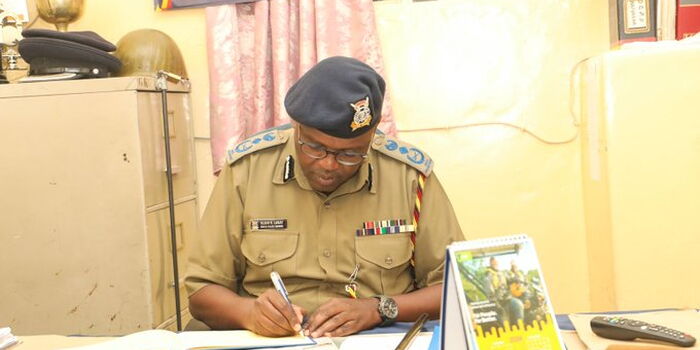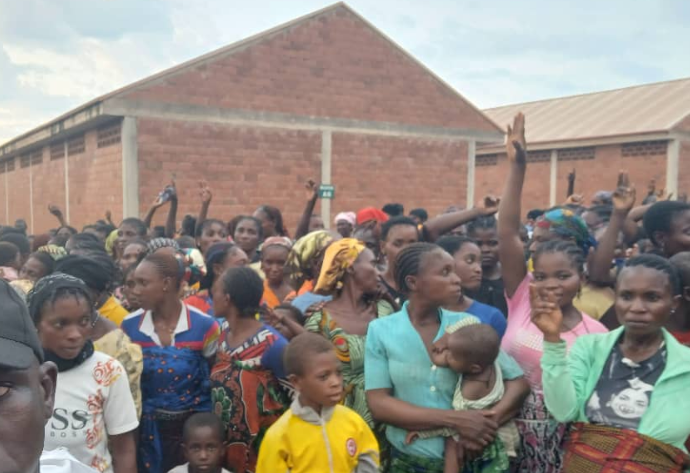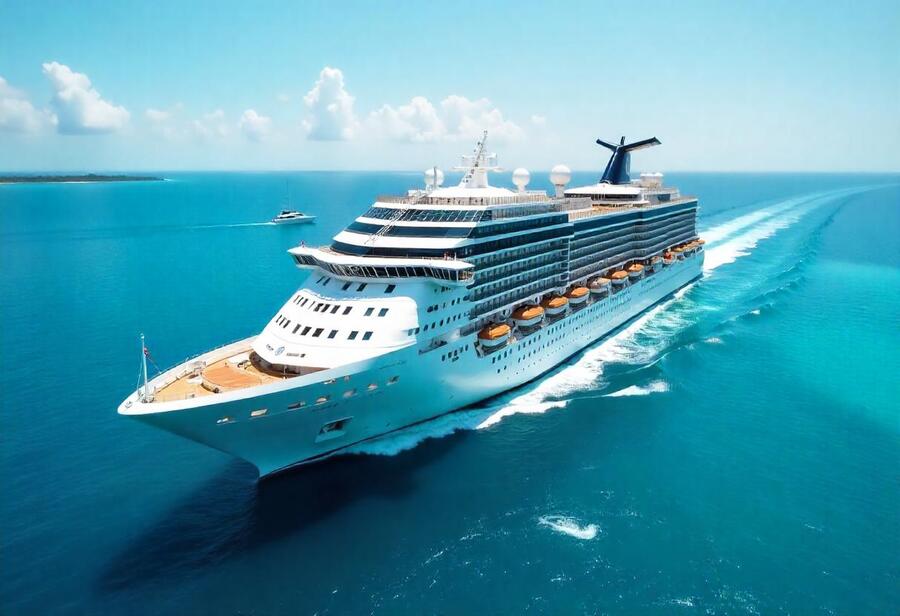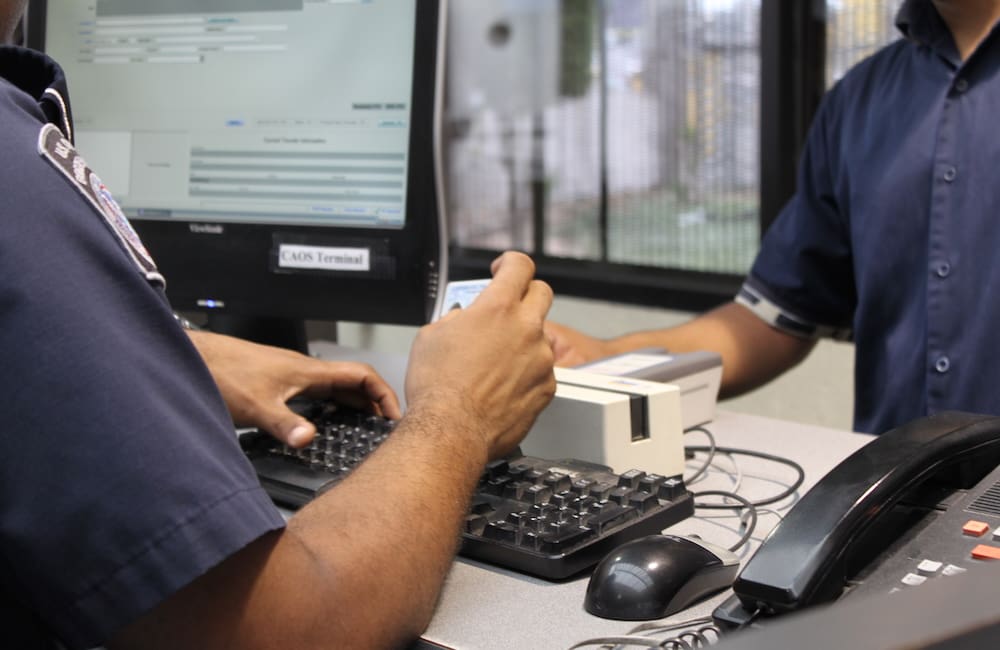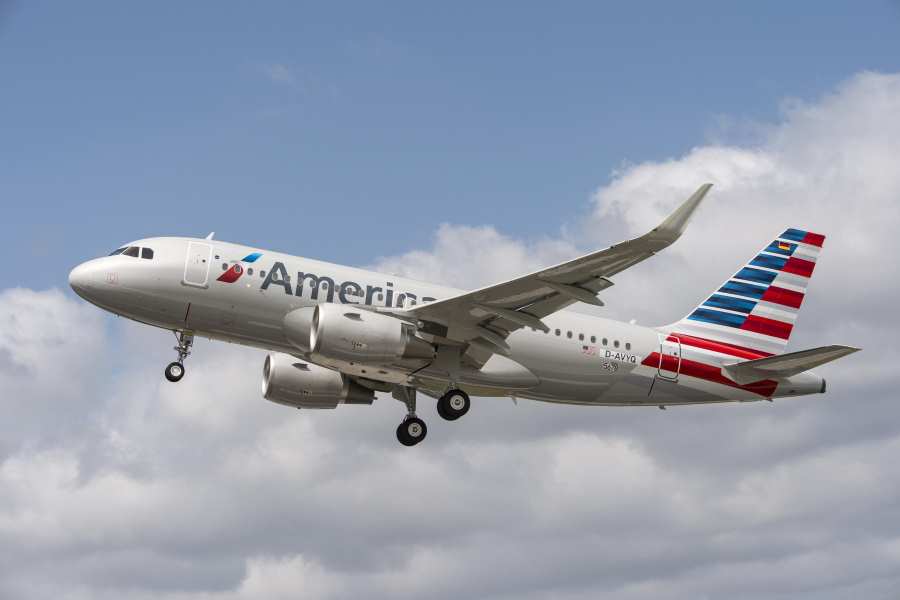Ghana faces expanded US travel ban despite cooperation
Despite Ghana’s continued alignment with United States policies, including allowing access to its military facilities and hosting former Guantanamo Bay detainees, President Donald J. Trump, is reportedly considering imposing travel restrictions on Ghanaian citizens.
According to a memo from the US State Department, reviewed by The Washington Post, Ghana is among 36 countries being considered for inclusion in a significant expansion of the Trump administration’s travel ban announced earlier this month.
The new list reportedly includes 25 African nations, including key US partners such as Egypt and Djibouti, as well as countries in the Caribbean, Central Asia, and the Pacific Islands. All of these could face new visa bans or other immigration restrictions.
A spokesperson for the State Department declined to comment on what was described as internal deliberations. The White House also did not respond to requests for comment.
If enforced, the move would further intensify the Trump administration’s hardline immigration stance.
Ghana has long maintained cordial relations with the United States. In January 2016, the country accepted two Yemeni nationals, Mahmud Umar Muhammad Bin Atef and Khalid Muhammad Salih Al-Dhuby, who were transferred from the Guantanamo Bay detention centre under a controversial deal with the Obama administration. The pair were granted a two-year stay as part of US efforts to shut down the facility.
The decision provoked widespread public and political debate in Ghana. Many citizens expressed concern over national security, while religious and civil society organisations, including the Christian Council and Muslim leaders, questioned the arrangement’s transparency. The matter became a political flashpoint between the then-ruling National Democratic Congress (NDC) and the opposition New Patriotic Party (NPP).
Further controversy followed in March 2018 when Ghana’s Parliament ratified a Defence Cooperation Agreement (DCA) with the United States.
Under this agreement, US military personnel were granted access to Ghanaian military installations, permission to deploy troops and equipment, the right to enter Ghana without passports or visas; Diplomatic immunity, the right to build or improve agreed-upon facilities, and exemption from inspection of military aircraft, equipment, and personnel.
Although the Akufo-Addo agreement presented by the government as a continuation of defence cooperation dating back to 1998 and 2015, it faced fierce criticism.
Many Ghanaians, including opposition parties, academics, and civil society groups, viewed the terms as tantamount to establishing a de facto US military base in the country, a charge the government strenuously denied.
Widespread protests erupted in Accra under banners such as “Ghana is not for sale”, while the then-Minister of Defence, Dominic Nitiwul, insisted:
“This is not a US military base. Ghana has not offered a base and will not offer a base to the United States.”
The US Embassy in Ghana echoed this position, stating:
“The United States does not have a military base in Ghana and is not planning to establish one.”
Instead, the embassy described the agreement as part of broader cooperative security efforts and joint training exercises.
Now, despite these overtures, Ghana finds itself under renewed scrutiny by the United States.
The State Department memo, signed by Secretary of State Marco Rubio and sent to US diplomatic missions on Saturday, warned the listed countries that they have 60 days to meet newly established security and identity verification benchmarks or risk new restrictions. Governments were asked to submit an initial action plan by 8 a.m. Wednesday.
According to the memo, many countries were found lacking in critical areas, such as the inability to produce reliable identity or civil documentation due to weak or uncooperative central governments, widespread governmental fraud, high rates of citizens overstaying visas in the United States, sale of citizenship through investment without residency and reports of antisemitic or anti-American activity by individuals from those nations.
The memo added that a willingness to accept third-country nationals deported from the US, or to enter a “safe third country” agreement, could be viewed favourably and may mitigate other concerns.
It remains unclear when any new restrictions might be implemented if the affected countries fail to comply.
Countries identified in the memo include: Angola, Antigua and Barbuda, Benin, Bhutan, Burkina Faso, Cabo Verde, Cambodia, Cameroon, Democratic Republic of Congo, Djibouti, Dominica, Ethiopia, Egypt, Gabon, Gambia, Ghana, Ivory Coast, Kyrgyzstan, Liberia, Malawi, Mauritania, Niger, Nigeria, Saint Kitts and Nevis, Saint Lucia, São Tomé and Príncipe, Senegal, South Sudan, Syria, Tanzania, Tonga, Tuvalu, Uganda, Vanuatu, Zambia, and Zimbabwe.
This expanded list builds on a presidential proclamation issued on 4 June, which imposed full entry bans on nationals from Afghanistan, Myanmar, Chad, Republic of Congo, Equatorial Guinea, Eritrea, Haiti, Iran, Libya, Somalia, Sudan, and Yemen. Partial restrictions were also placed on travellers from Burundi, Cuba, Laos, Sierra Leone, Togo, Turkmenistan, and Venezuela.




